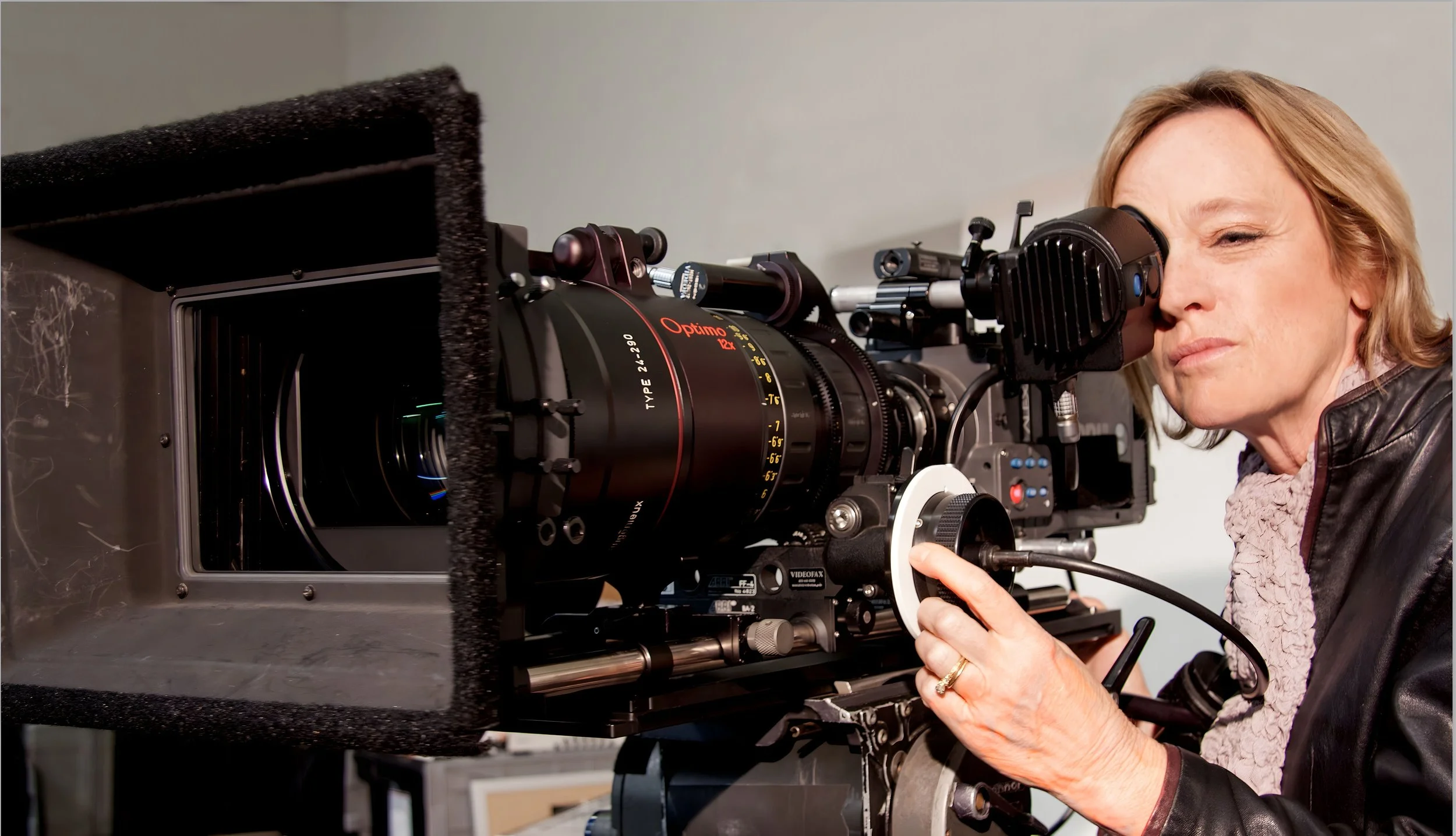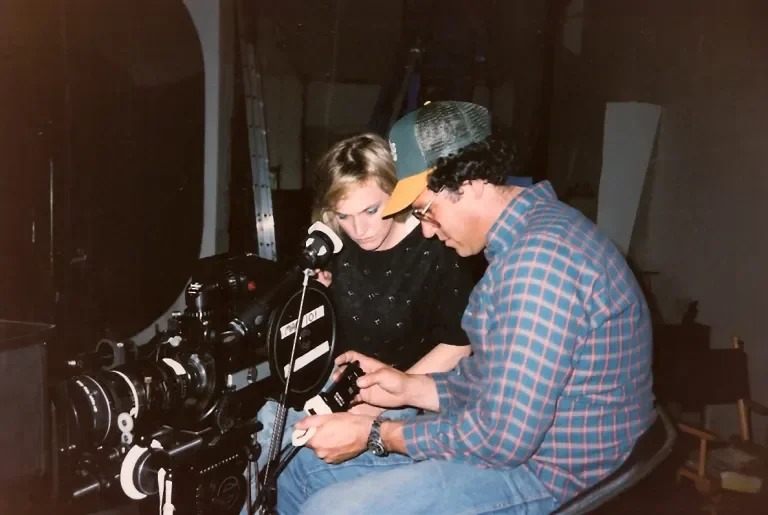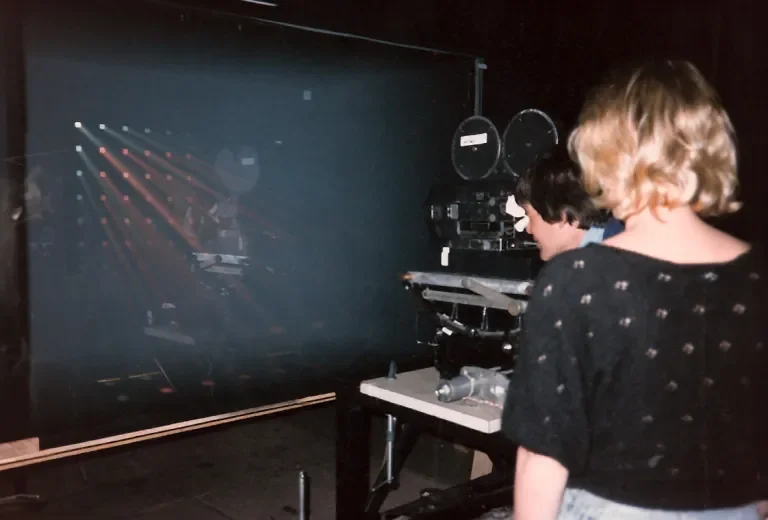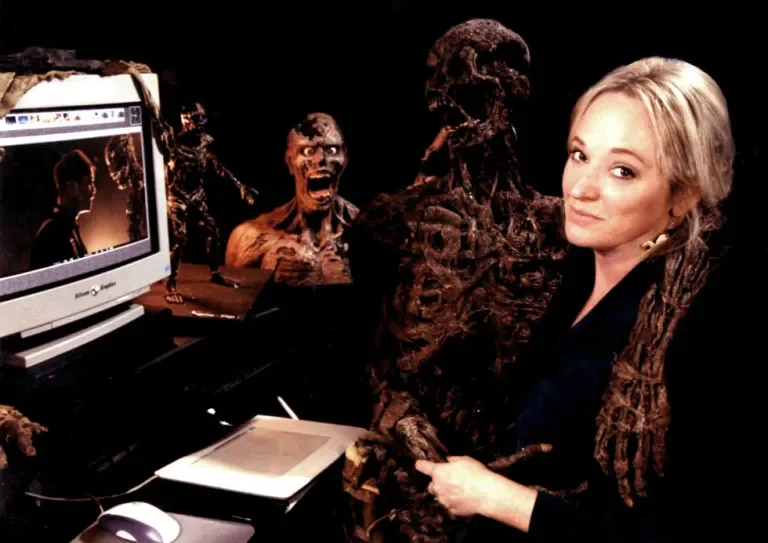How do you think storytelling through film can help combat societal issues, such as those discussed in OddFX?
Storytelling through film, particularly through the lens of Social Impact Entertainment (SIE), offers a powerful mechanism to confront and help combat societal issues. SIE prioritizes compelling narratives to first engage audiences, then organically weaves in impactful social themes, avoiding a didactic “infotainment” approach. Its goal is to inform and educate, often inspiring action or a shift in attitudes and behaviors. SIE projects frequently partner with non-profits and advocacy groups for broader impact campaigns.
OddFX aligns perfectly with this model. My primary goal with this film is to ignite a crucial conversation—especially among men—about their power to dismantle the cycle of violence. For too long, the burden of ending male violence against women has been placed on victims and survivors. If women alone could stop male violence, we would have centuries ago. Male violence is a male problem that requires a male solution; abusers don’t listen to women. My intention is to invite men to learn not to commit, conceal, or condone violence against women.
Beneath its quirky and touching surface, OddFX is built upon years of meticulous research and analysis, including interviews with survivors, therapists, and educators. Recognizing the crucial need to engage men in this dialogue, I deliberately set the story in a special effects shop—a world many men might aspire to. Through our protagonist’s experience there, male viewers are invited to symbolically “walk in a woman’s shoes,” quickly realizing the starkly different reality of that dream job when held by a woman. This narrative approach uses the aspirational world of special effects, which itself is about redefining reality, to shed light on a profound societal issue and encourage a vital shift in perspective.







